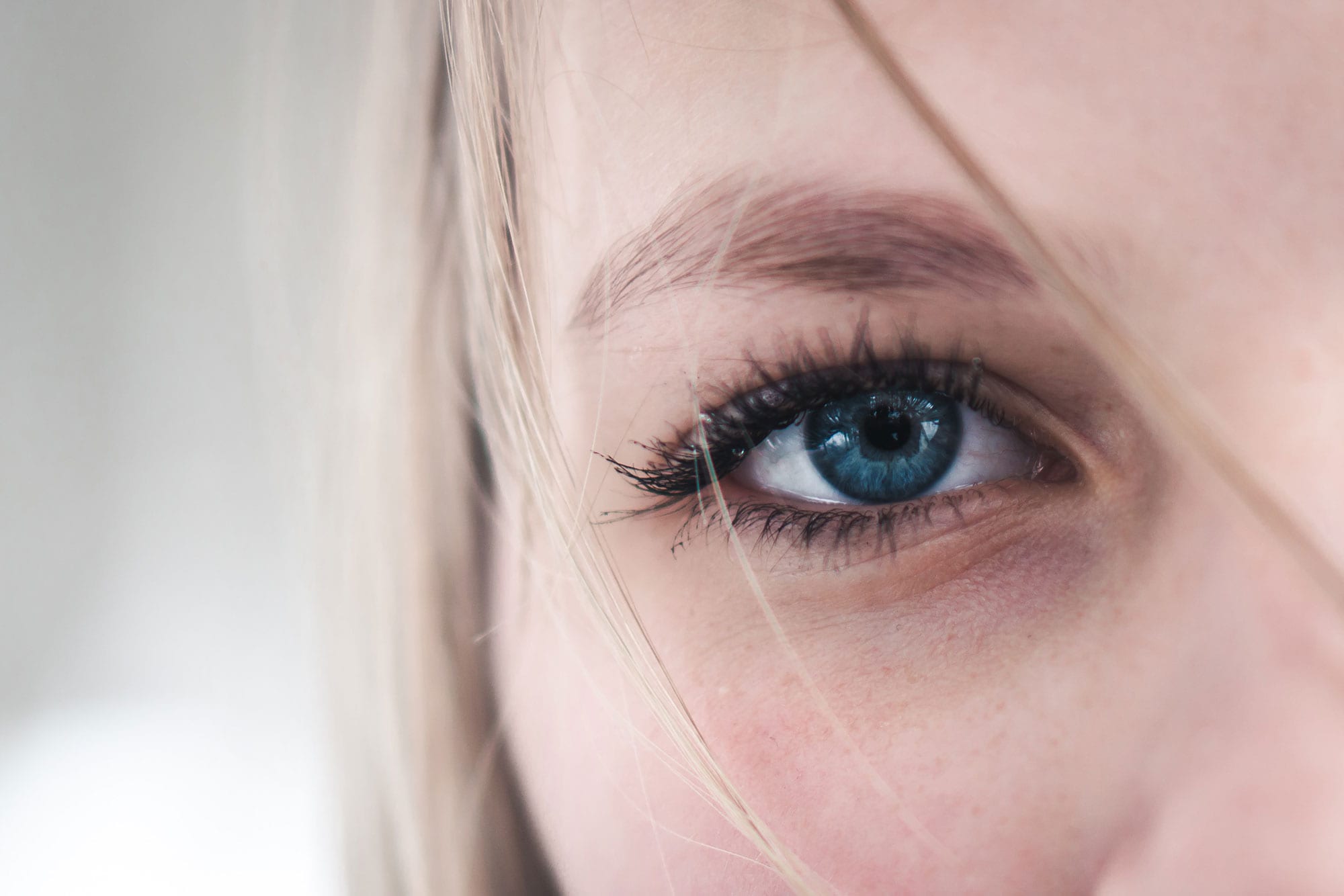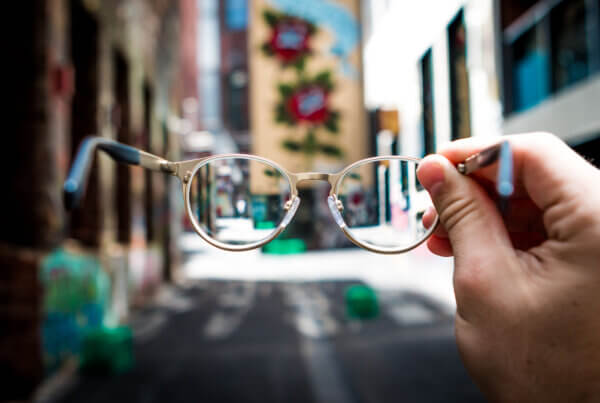Dry Eye Treatment: Explore Your Options to Find Relief
Dry eye symptoms are common in people of all ages, which is why so many options have been discovered for dry eye treatment. Do you feel like your eyes are always uncomfortable? Then it might be time to talk to an optometrist about treatment options available for dry eye symptoms.
Cause of Dry Eyes
Why are your eyes dry? There are several common causes of dry eyes:
- Inadequate Lubrication: The tear production is inadequate in the eyes, making it difficult to keep the surface of the eyes lubricated. For example, you might not be producing enough tears to moisturize the surface of the eyes.
- Poor Quality Tears: Just because your eyes are producing tears, doesn’t mean that they have the right balance to moisturize the eyes. Healthy tears need to be balanced with several important compounds, including water (for moisture), mucus (to spread the tears), and oil (for lubrication). If this balance is upset, then it could cause you to experience dry eye symptoms.
- Environment: Sometimes, environmental factors could contribute to dry eye problems. An example of an environmental factor might include spending time in a windy area, looking at a computer screen all day, or sitting near an air conditioner.
- Medication: If you are suffering from dry eyes for the first time, talk to your optometrist to see if any of your current medications are causing the dry eyes. Certain prescription medications have a side-effect that dries out the eyes.
- Age: It is common for people to experience a reduction in tear production with age.
Identifying the cause of dry eyes should be the foundational step in finding a treatment. When you know why your eyes are drying out, then you can be proactive in choosing a treatment that solves the foundational problem.
Dry Eye Symptoms
How would you explain the sensation and feelings you are having in your eyes? The symptoms of dry eyes vary from person to person. Common symptoms include:
- Stinging or burning in the eyes
- Overall discomfort in the eyes
- Scratching when the eyelids blink
- Light sensitivity
- Difficulty driving at night
- Eye fatigue
- Blurred vision
- Feeling like there is something in your eyes
- Difficulty wearing contact lenses
You might be surprised to learn that too much tear production could be a sign that you are suffering from dry eyes. For example, if you have low-quality tears, then the production of tears could increase as the body is working to lubricate the eyes. As a result, the excess tears spill out of the eyes because they can’t all drain through the tear ducts.
It is important for the tear production and the drainage to be in balance. If the drainage areas aren’t working properly, then you will likely encounter problems with excess tears and other dry eye symptoms.
Dry Eye Treatment
In most cases, treatments for dry eyes are designed to make you more comfortable. At the same time, your eye doctor will help you identify root causes that might have an impact to reduce the frequency and severity of your dry eyes.
- Dry Eye Drops for Contacts: Pay attention to see if your dry eye symptoms worse when wearing contact lenses. If your eyes are irritated by the contacts, then you might take a break from using contact lenses for a few days to see what happens. Also, consider using dry eye drops, such as artificial tears. These over the counter products can help by lubricating the surface of the eye so that you are more comfortable. You might need to test a few brands before finding the product that works best for your needs.
- Topical Ointment: Sometimes, the application of a topical ointment can be helpful if you notice that your eyes dry out when you are sleeping. If artificial tears aren’t enough, then try a thicker ointment as recommended by your eye doctor.
- Medications: Talk to your doctor about adjusting the dosage of medications that cause dry eyes as a side effect. Also, you might be able to use oral medications that stimulate tear production. Medication use is only recommended if you don’t experience relief from topical treatments such as eye drops.
- Drain Duct Correction: In severe cases of dry eye issues, a temporary plug can be placed in the drainage duct. The temporary plug is used first; then a permanent solution might be recommended if you experience positive results.
Dry Eye Home Remedy
Would you like to try a few simple remedies at home? It doesn’t hurt to dry a dry eye home remedy before turning to the doctor for medication. Here are a few options that might work for you:
- Dry Eye Vitamins: The scientific evidence is limited, but some people think that dry eyes could be impacted by vitamins. It might be helpful to use supplements such as vitamin A, vitamin D, or omega-3 essential fatty acids. The research is ongoing regarding the way vitamins impact dry eye symptoms, so it might be best to talk to a doctor first.
- Dry Eye Warm Compress: One of the fastest ways to find immediate dry eye relief is by applying a warm compress over the eyes. Place a warm, damp cloth over your eyes and rest for 10 minutes. This gentle heat can be soothing and healing. Be careful never to put a hot rag over the eyes, because the high heat could cause damage to your eyes.
- Environmental Change: Consider factors in the environment that could be impacting your dry eye symptoms. For example, try adjusting the settings on the air conditioner, or using a humidifier to add moisture back into the room. If you are spending time outside, it’s always best to protect your eyes from the wind and sun by wearing sunglasses.
- Rest Your Eyes: Staring at a screen or a book for too long could increase dry eye symptoms. Researchers have found that the rate of blinking deceased when looking at a TV, computer, or phone. As a result, the eyes aren’t moisturized as often, which has an impact on increasing dry eye symptoms.
What is the best dry eye treatment for your needs? The most important thing that you can do is talk to an eye doctor to find the right treatment. Call our office today +1 773-360-8900 to learn more about your options.






